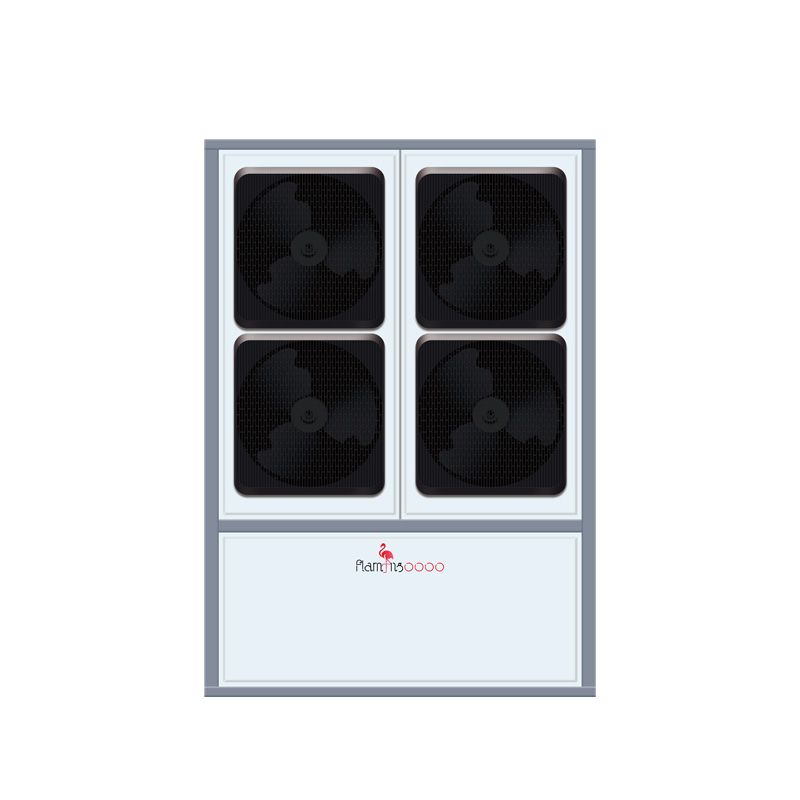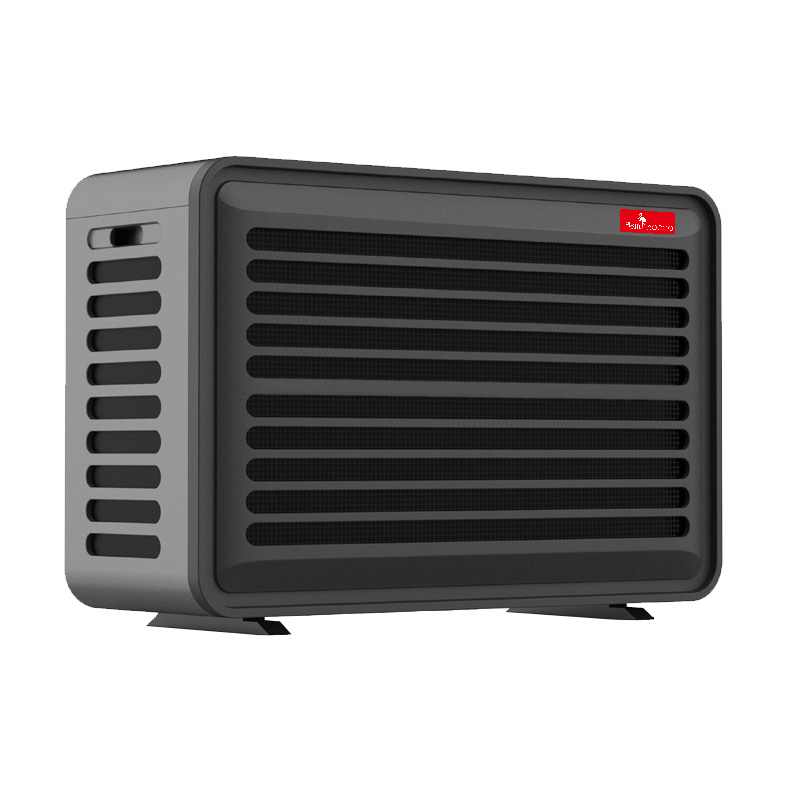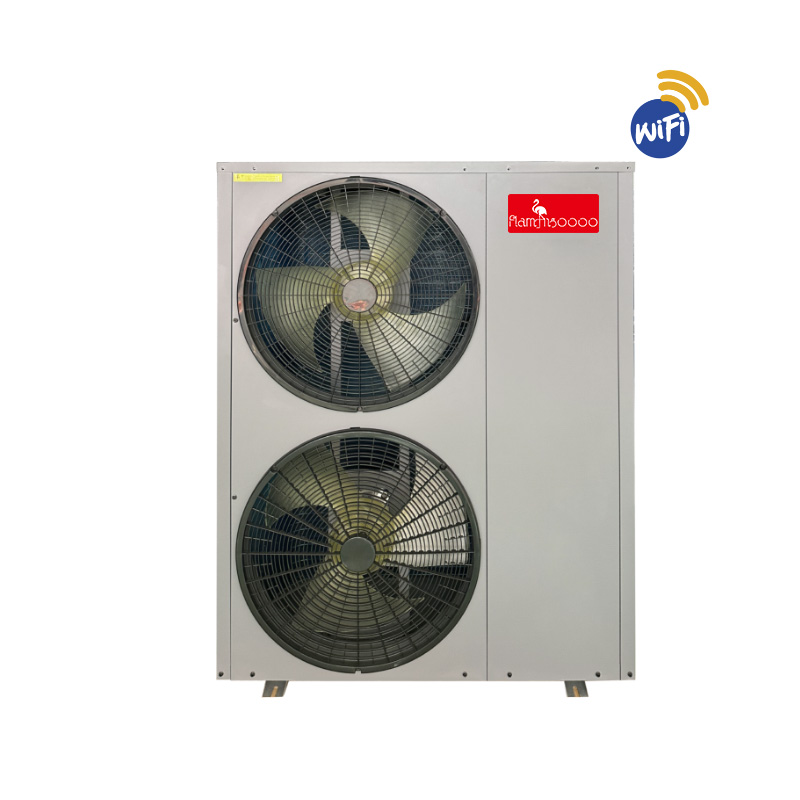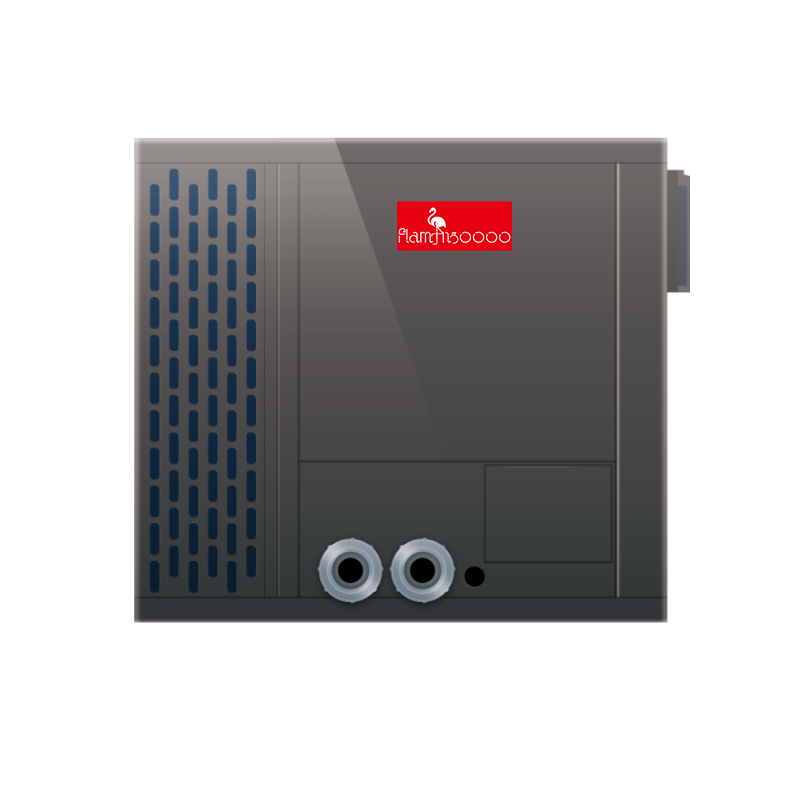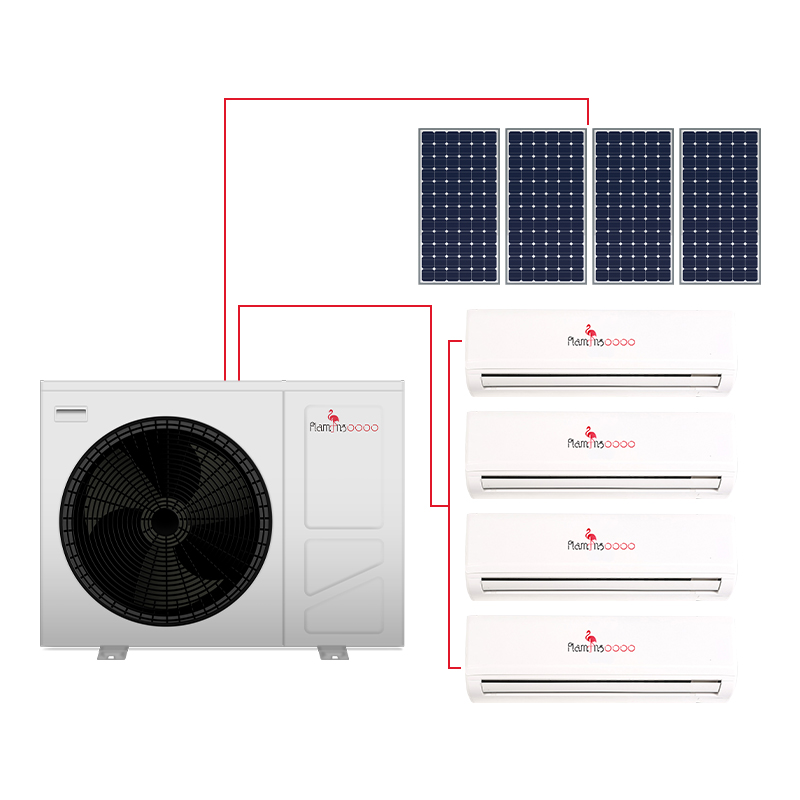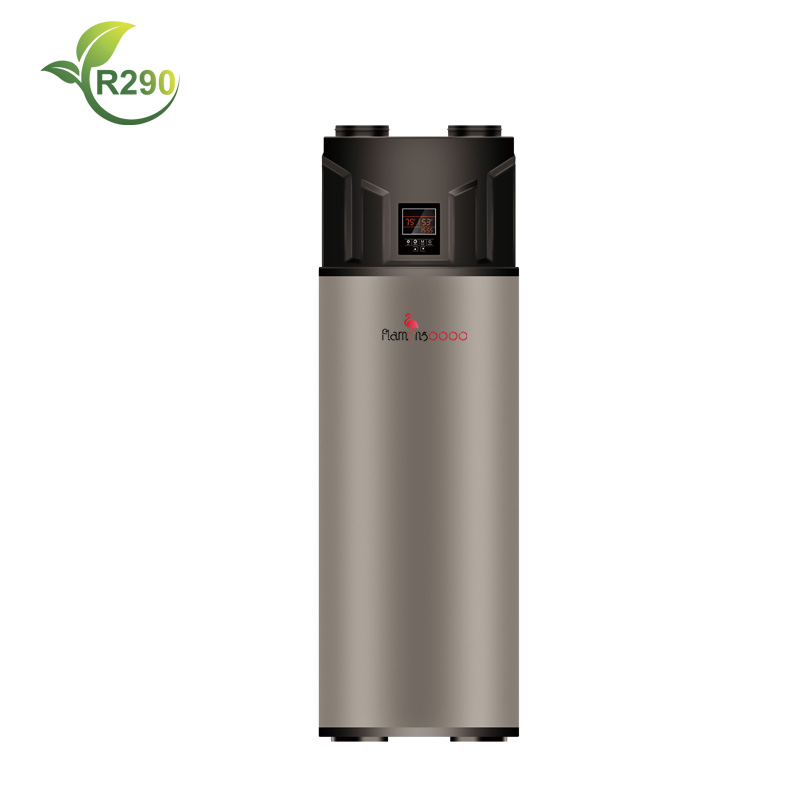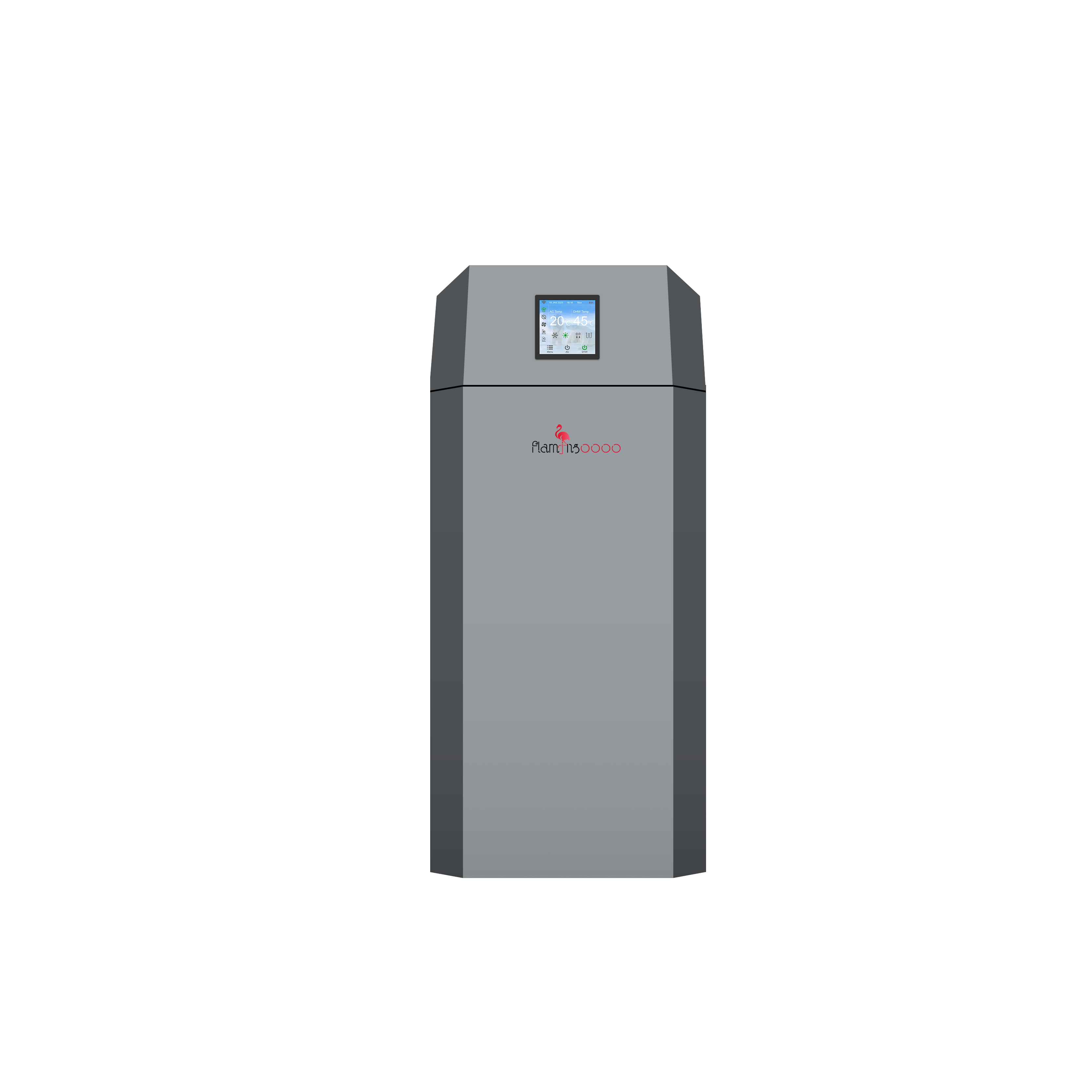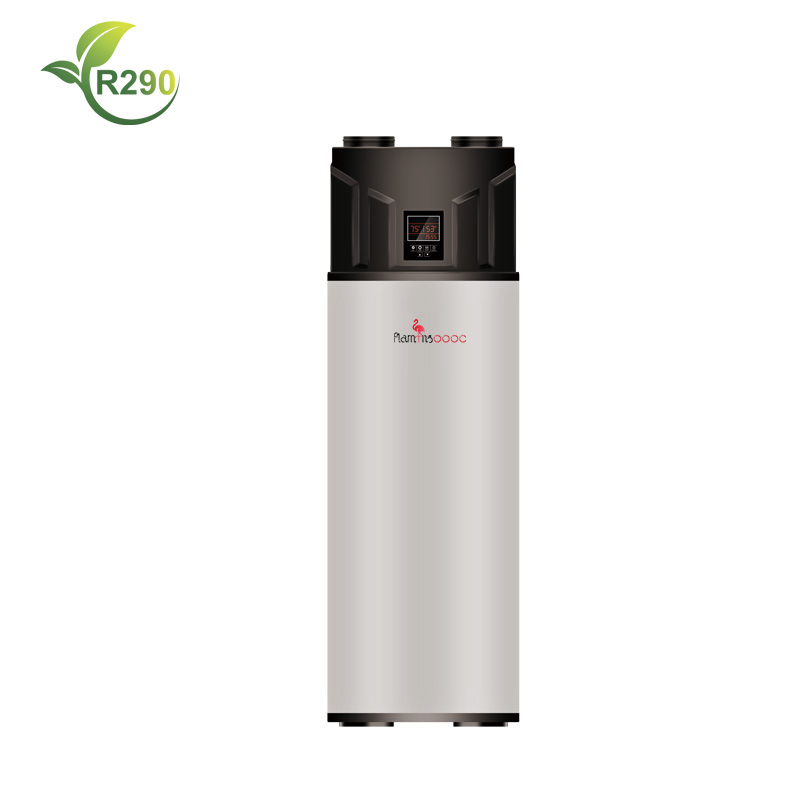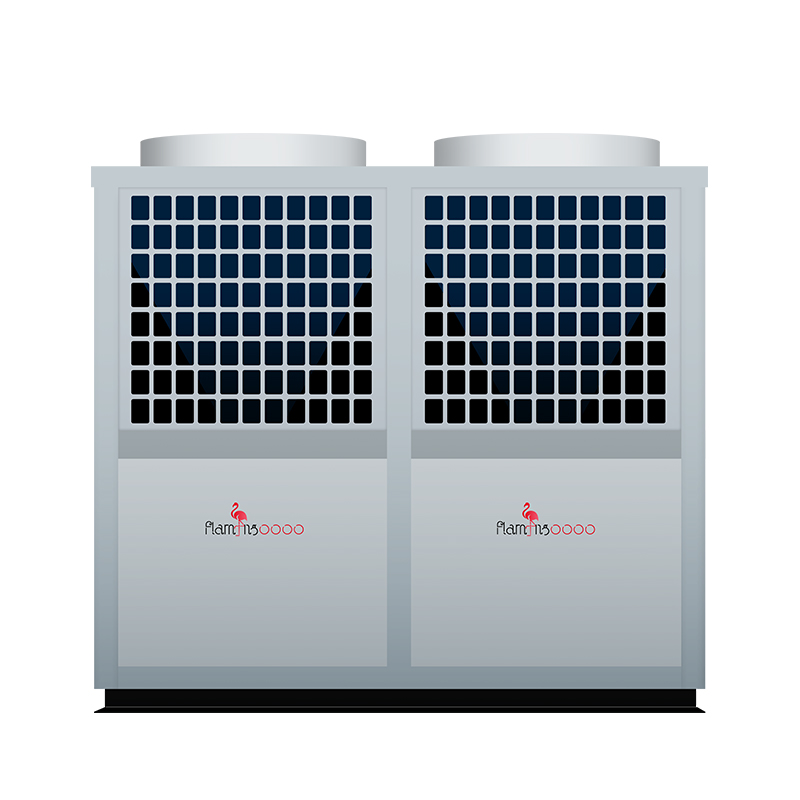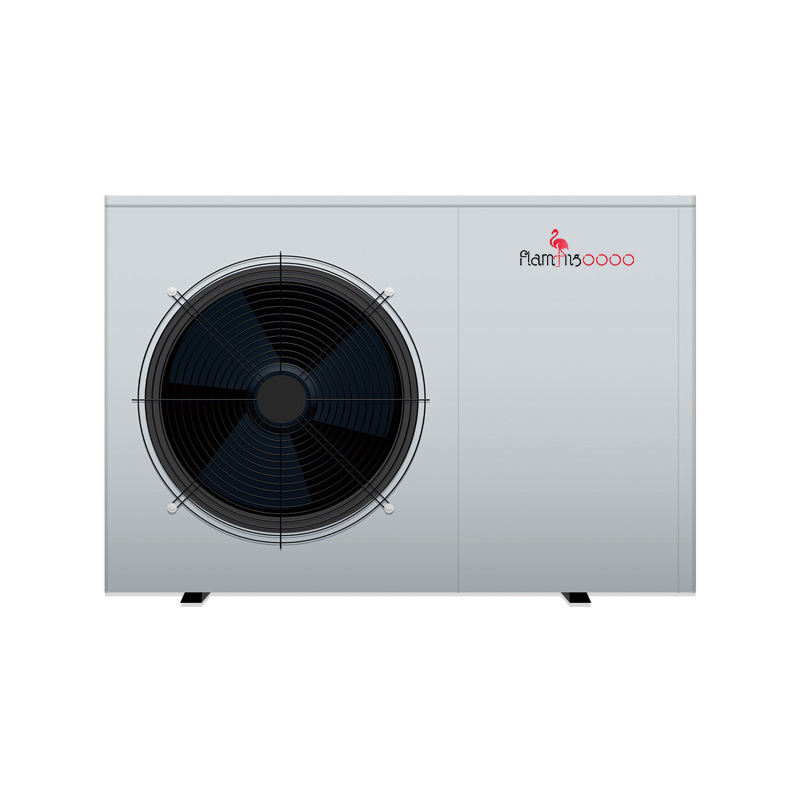How to Choose a Commercial Heat Pump and Its Advantages
As businesses and industries seek energy-efficient and environmentally friendly heating and cooling solutions, commercial heat pumps have gained significant popularity. Selecting the right heat pump is crucial for maximizing efficiency and reducing operational costs. This article explores key factors in choosing a commercial heat pump and highlights the advantages of using models such as the 100KW EVI heat pump, DC Inverter Heat Pump, and a range of other capacities like 50KW, 60KW, 70KW, 80KW, and 90KW.
Key Factors to Consider When Choosing a Commercial Heat Pump
1.Capacity Requirements
The first step in selecting a heat pump is determining the required capacity based on the building's size and heating/cooling demands. 50KW, 60KW, 70KW, 80KW, 90KW, and 100KW EVI heat pumps offer different levels of performance suitable for various commercial settings, from offices to large industrial facilities.
2.Energy Efficiency and Technology
Choosing an energy-efficient model ensures lower electricity consumption and reduced carbon footprint. DC Inverter Heat Pumps are an excellent choice as they adjust compressor speed according to real-time demand, leading to significant energy savings.
3.Environmental Adaptability
If the heat pump will be used in extreme cold climates, an EVI (Enhanced Vapor Injection) heat pump is the best choice. The 100KW EVI heat pump, for example, is designed for stable operation in sub-zero temperatures, making it ideal for cold-weather regions.
4.Heating and Cooling Functions
Some heat pumps offer both heating and cooling functions, making them a year-round solution. DC Inverter Heat Pumps can seamlessly switch between heating and cooling, ensuring optimal indoor temperatures regardless of the season.
5.Installation and Maintenance
Commercial heat pumps with modular designs, such as the 50KW to 100KW heat pumps, are easier to install and maintain. Choosing a model with user-friendly controls and smart diagnostics can further simplify maintenance and reduce downtime.
6.Cost Consideration
While higher-capacity models like the 100KW EVI heat pump may have a higher upfront cost, they offer greater efficiency and long-term savings. Businesses should calculate the total cost of ownership, including energy consumption, maintenance, and potential incentives for using eco-friendly systems.
Advantages of Commercial Heat Pumps
1.High Energy Efficiency
DC Inverter Heat Pumps adjust power usage dynamically, leading to lower electricity bills and better performance compared to traditional heating and cooling systems.
2.Eco-Friendly Heating and Cooling
Commercial heat pumps reduce reliance on fossil fuels, cutting CO2 emissions and promoting sustainable energy use.
3.Versatile Applications
Businesses in hospitality, manufacturing, office buildings, and healthcare can all benefit from 50KW, 60KW, 70KW, 80KW, 90KW, and 100KW heat pumps, which cater to different facility sizes and requirements.
4.Stable Operation in Extreme Conditions
EVI heat pumps provide reliable performance even in extremely cold temperatures, ensuring uninterrupted heating in harsh winter climates.
5.Long Lifespan and Low Maintenance
With proper care, a high-quality DC Inverter Heat Pump or 100KW EVI heat pump can last for decades, offering a solid return on investment.
6.Smart Control and Automation
Many modern heat pumps feature intelligent control systems, allowing businesses to monitor and optimize energy consumption in real-time.
Conclusion
Choosing the right commercial heat pump requires careful consideration of capacity, efficiency, climate adaptability, and cost-effectiveness. Models such as the DC Inverter Heat Pump, 100KW EVI heat pump, and other capacity options like 50KW, 60KW, 70KW, 80KW, and 90KW offer a variety of benefits, making them an excellent choice for businesses seeking sustainable heating and cooling solutions. Investing in a high-performance commercial heat pump ensures energy savings, environmental benefits, and long-term reliability for commercial operations.

